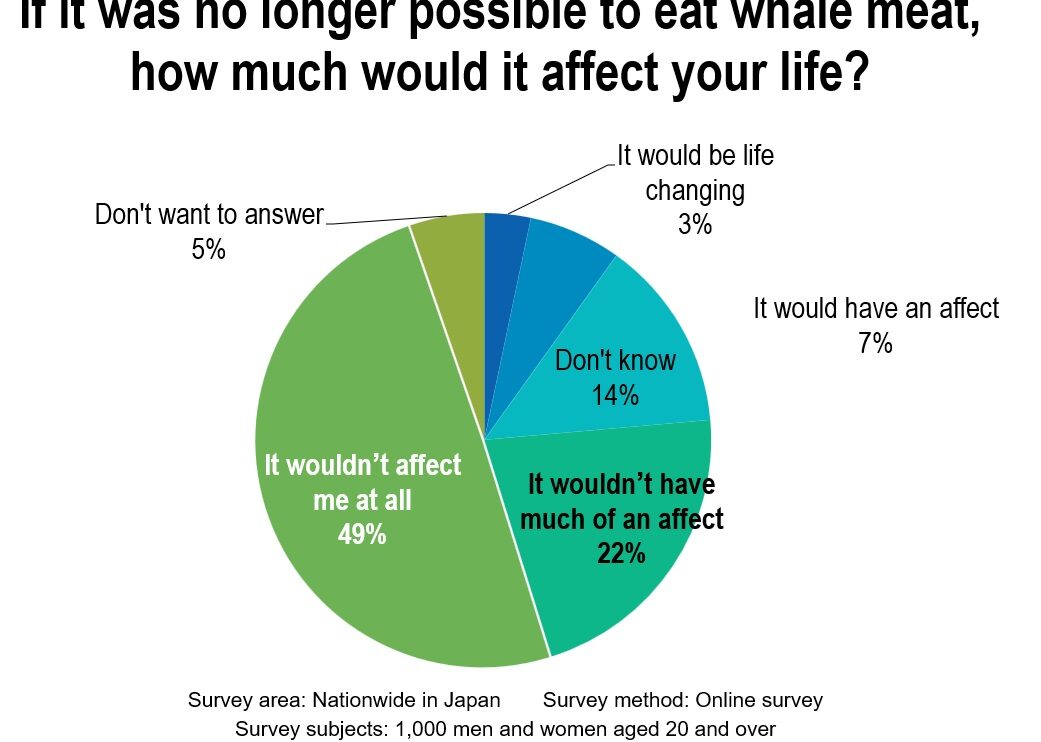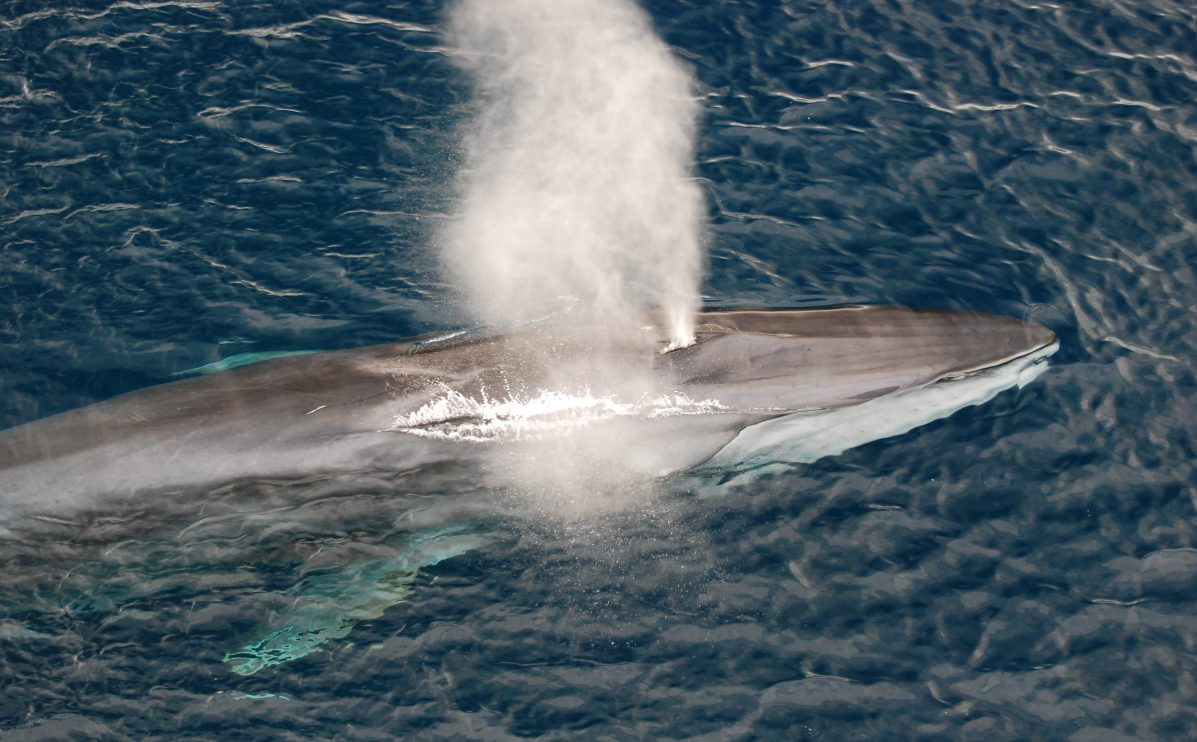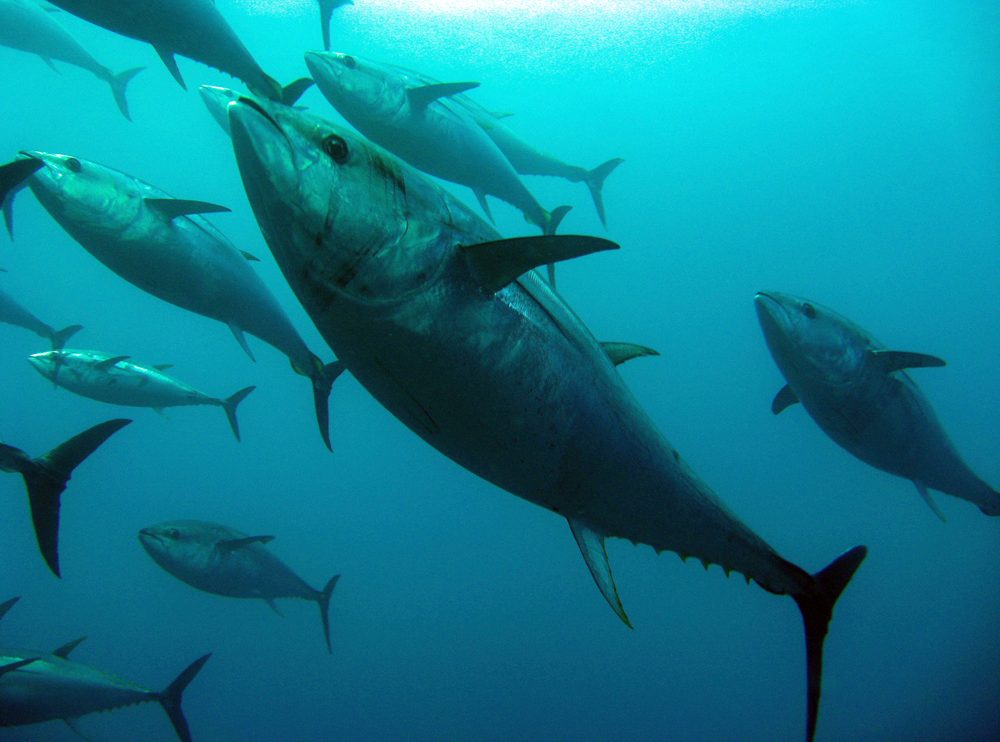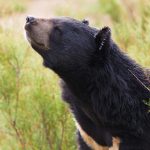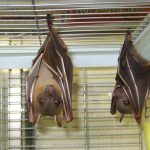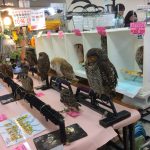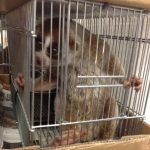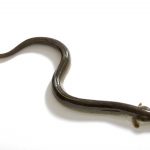Whaling awareness survey reveals that Japanese are turning away from whale meat
On August 14, the international NGO Whale and Dolphin Conservation (WDC) released the results of a survey on awareness of whaling in Japan. For this survey, JWCS was in charge of commissioning a survey with a Japanese market research company on behalf of WDC. The online survey was conducted by a market research company with 1,000 people who are registered as respondents, and answered a questionnaire online. Respondents were split equally across gender and age groups, and the number of respondents was determined based on the population distribution of each regional block. All generations clearly turning away from whale meat When asked about whether they had purchased whale meat in […]

